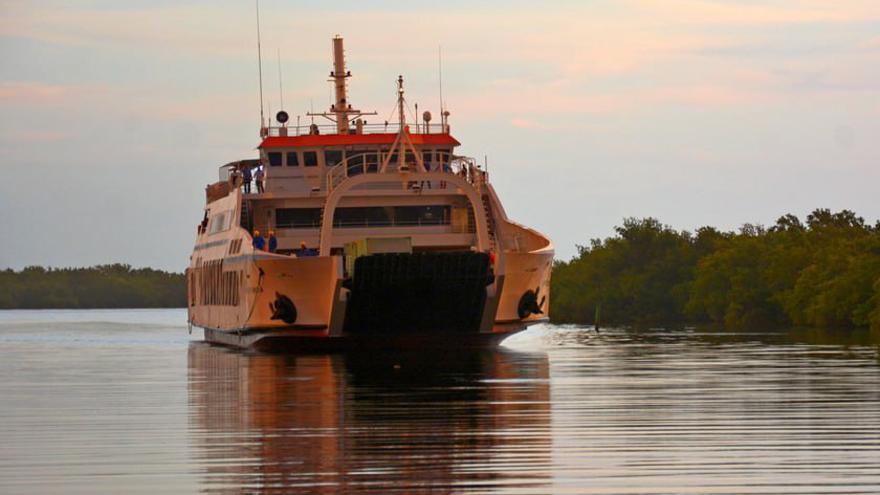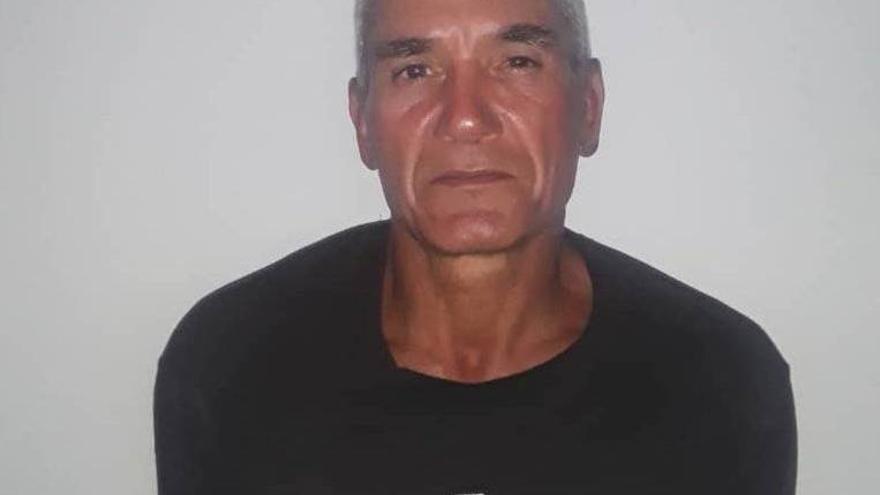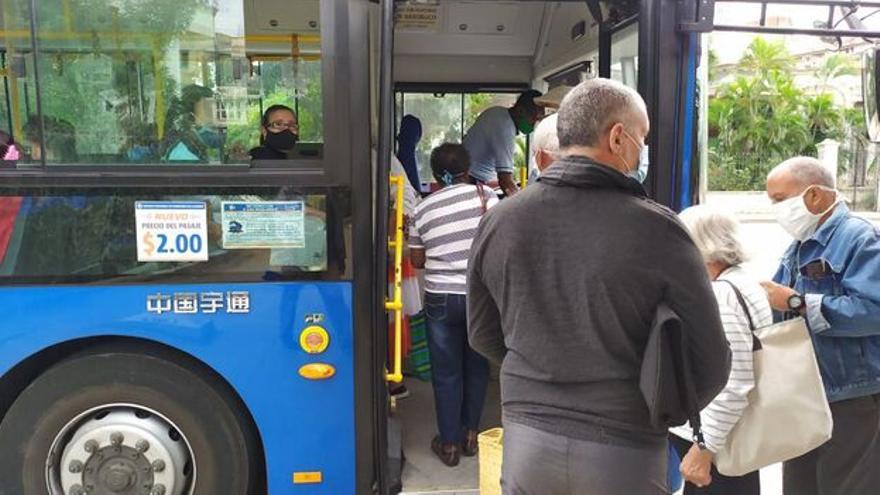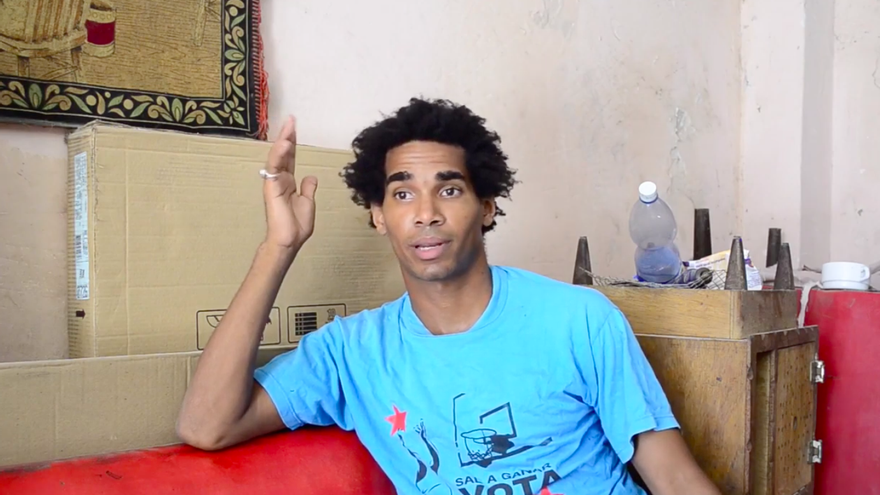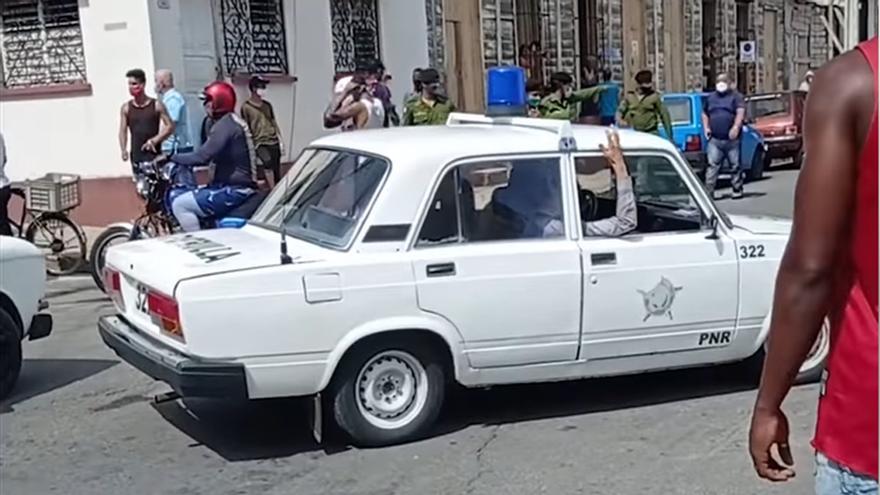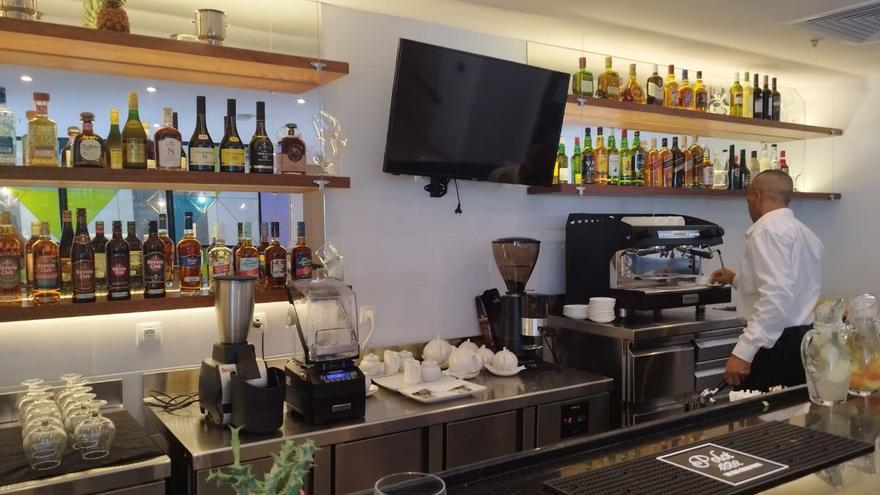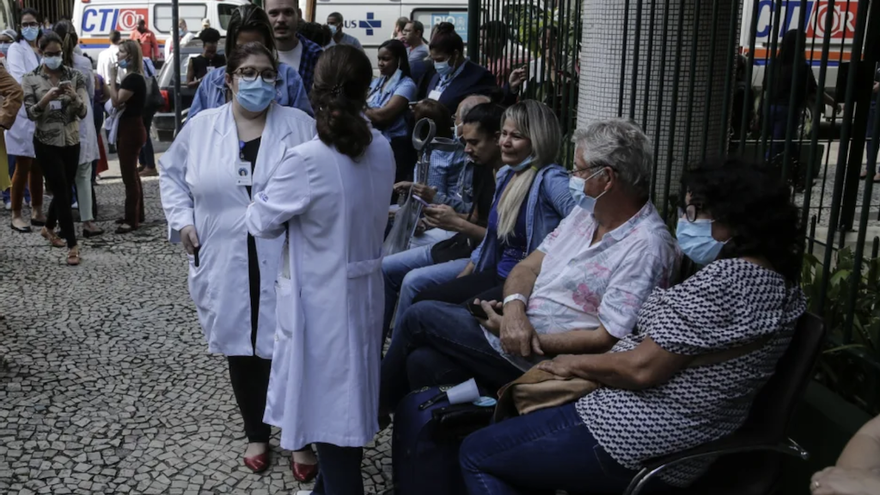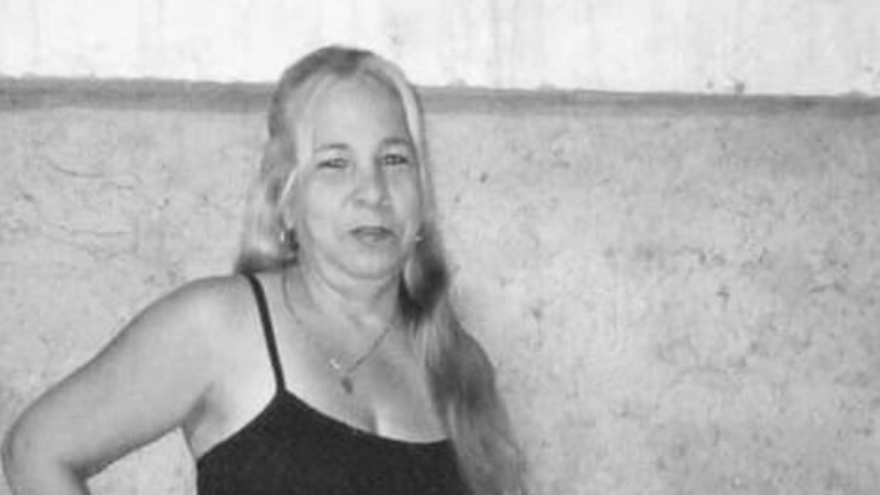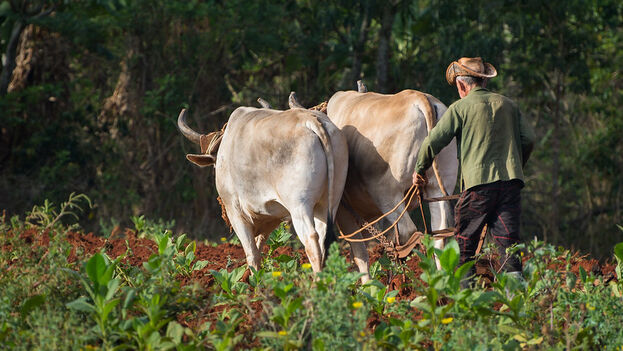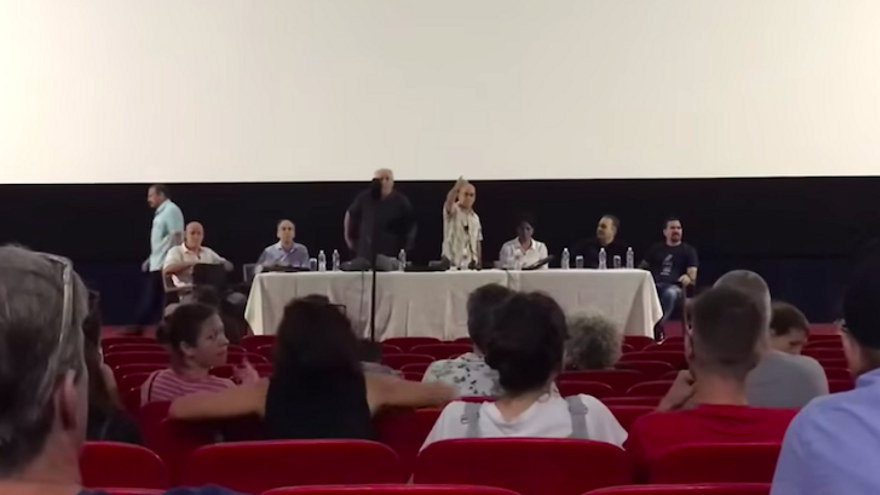
![]() 14ymedio, Havana, 3 July 2023 — Film director Miguel Coyula made public this Sunday several video and audio fragments recorded during the meeting held on June 23 at the Chaplin Cinema, in Havana, attended by more than a hundred filmmakers and authorities from the Ministry of Culture and the Communist Party.
14ymedio, Havana, 3 July 2023 — Film director Miguel Coyula made public this Sunday several video and audio fragments recorded during the meeting held on June 23 at the Chaplin Cinema, in Havana, attended by more than a hundred filmmakers and authorities from the Ministry of Culture and the Communist Party.
Gathered in the Assembly of Cuban Filmmakers, the creators opposed the officials’ prohibition of recording the discussion. During the exchange, the controversy generated as a result of the censorship and unauthorized transmission on Cuban Television of the documentary, directed by Juan Pin Vilar, also present in the dialogue, was addressed.
“I hope that some of the young people present are recording, because they will be doing a lot of good to the archives of Cuban culture,” said Pin Vilar during his speech, in which he also warned the leaders that it was possible that the producer of the film, the Cuban Ricardo Figueredo, and another producer of Argentine nationality whom he did not identify, will take legal action against those responsible for broadcasting the documentary.
The president of the Cuban Institute of Cinematographic Art and Industry (ICAIC), Ramón Samada, questioned Coyula directly, forbidding him to record the meeting, to which he replied that he is not a member of any official institution and that recording these events is his “job.” continue reading
Other filmmakers also disagreed, pointing out that, in contrast to the refusal to film the meeting, the authorities were recording the discussion.
The actor Luis Alberto García quoted the well-known phrase of Fidel Castro in 1961, during his speech that came to be known as Words to the Intellectuals: “Within the Revolution everything, against the Revolution nothing,” he paraphrased, and questioned the authority of officials to decide “what is inside of the Revolution and what is against it.”
In addition, he addressed the censorship of films such as Santa y Andrés and Vicenta B., both by director Carlos Lechuga, currently in exile in Spain. The filmmakers don’t find “any problem” for them, he continued, but their exclusion from the pro-government film environment responds to a need to punish the author, he opined. “They have to stop censoring. Every year this is some problem… Dissidents should be treated differently,” said Luis Alberto García.
Coyula also filmed the leaders who, from a table on the stage, listened to the speeches. Among them were Alpidio Alonso and Fernando Rojas, Minister and Vice Minister of Culture, respectively, as well as Vice Prime Minister Inés María Chapman and the head of the Communist Party’s ideological department, Rogelio Polanco. From time to time, however, they intervened to repeat the warning not to record. “Here no one was prohibited from entering with a cellphone. Here no one was prohibited from anything. Let’s not challenge each other,” Samada stressed.
Manuel Alejandro Rodríguez Yong, one of the filmmakers present, detailed the tension during the event in an interview with 14ymedio. However, his conclusion was optimistic: “I think that even so the possibility of working together with many of the problems that affect us was raised,” he said.
They discussed, according to Rodríguez, problems of a logistical nature that depend on the administration of the State, but also what has to do with the ideological and the political. “Everything will also depend on us (the filmmakers) being able to organize ourselves,” he said.
A statement by Deputy Prime Minister Chapman and an official communiqué from the Ministry of Culture, both published after the meeting, affirmed the government’s willingness to engage in dialogue. However, the material contributed by Coyula, which brings new nuances to the controversy between artists and censors, exposes that there is little willingness, on the part of the regime, to resolve the concerns of “problematic” artists.
____________
COLLABORATE WITH OUR WORK: The 14ymedio team is committed to practicing serious journalism that reflects Cuba’s reality in all its depth. Thank you for joining us on this long journey. We invite you to continue supporting us by becoming a member of 14ymedio now. Together we can continue transforming journalism in Cuba.


